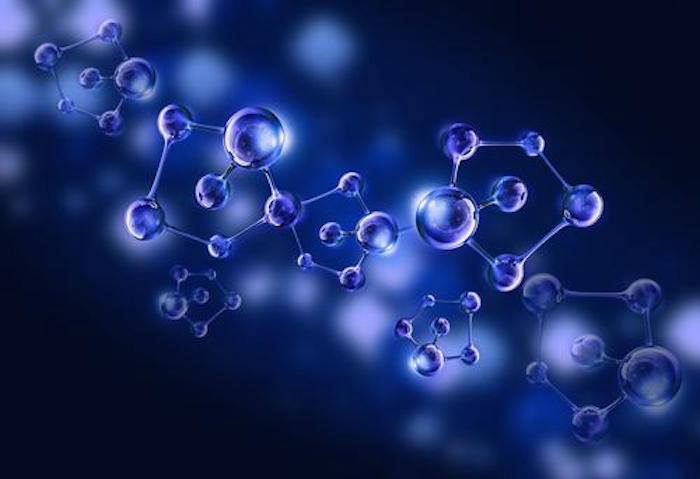Type 1 diabetes, ulcerative colitis, and multiple sclerosis are among the more well-known autoimmune diseases. But according to the AARDA, there are more than 150 rare autoimmune diseases, which affect around 50 million Americans. Even with this large number, scientists are still in the dark regarding interventions that can help cure these diseases. But this might change with the discovery of a molecule called NAD+ that has the potential to reverse autoimmunity.
What is autoimmunity?
When an intruding pathogen, such as a virus or bacterium, enters our bodies, our innate immune system gets activated, immediately sending out its soldiers (antibodies and immune cells) to identify and eliminate the pathogen, thus protecting us. But sometimes something goes wrong with this innate immunity and it starts regarding the body’s own tissues as foreign and repeatedly sends out soldier cells to attack them.
Autoimmune diseases can affect any part of the body, including the heart, brain, nerves, muscles, joints, lungs, kidneys, etc. There is still no established cause for autoimmunity, but genetic factors are considered to play a major role.
This new research conducted by Brigham and Women’s Hospital (BWH) has identified NAD+ (Nicotinamide adenine dinucleotide), a naturally occurring molecule in living cells, plants, and food that has the potential to turn “destructive” cells that attack healthy tissues into “protective” cells. The molecule has also been found to reverse disease progression by restoring tissue damaged by the autoimmunity process.
“Our study is the first to show that NAD+ can tune the immune response and restore tissue integrity by activating stem cells,” said Abdallah ElKhal, senior author, in a statement. “These findings are very novel and may serve for the development of novel therapeutics.” The study is published online Oct. 7, in Nature Communications.
NAD+ plays an essential role in several metabolic processes. To test the action of NAD+ in pre-clinical trials, the scientists used experimental autoimmune encephalomyelitis, a pre-clinical model for human multiple sclerosis. They found that NAD+ could regulate the differentiation of immune cells called CD4+ T cells that have an established role in many aspects of autoimmune inflammation. Mice having NAD+ were administered with CD4+ T cells. They showed a significant delayed onset of disease, as well as a less severe form, therefore demonstrating the molecule’s protective properties.
“This is a universal molecule that can potentially treat not only autoimmune diseases, but other acute or chronic conditions such as allergy, chronic obstructive pulmonary disease, sepsis, and immunodeficiency,” said coauthor Stefan G. Tullius.
The scientists also successfully demonstrated the tissue-restoring capability of NAD+. This, they say, can benefit patients with advanced tissue damage caused by autoimmune diseases. The scientists are now exploring the other medical benefits of NAD+.
“Since this is a natural molecule found in all living cells, including our body, we hope that it will be well-tolerated by patients,” said ElKhal. “Thus, we hope that its potential as a powerful therapeutic agent for the treatment of autoimmune diseases will facilitate its use in future clinical trials.”
Source: ElKhal A, Tullius S. Nature Communications. 2014.












